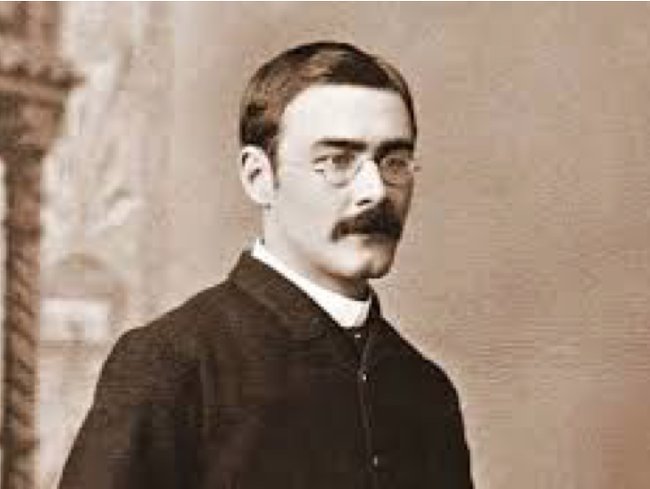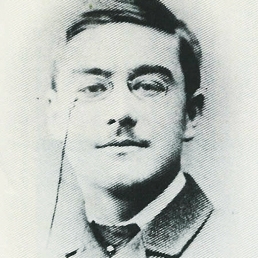
There, young “Gigger” endured bullying and harsh discipline but also enjoyed the close friendships, practical jokes, and merry pranks he later recorded in Stalky & Co. He entered the United Services College at Westward Ho!-a boarding school in Devon-in 1878. Despite these small measures, India remained firmly inīritish control and economic exploitation had only increased by the time Kipling was born.Įducated in England In 1871, Kipling was sent to England for his education. Though the rebellion was suppressed, the Government of India Act of 1858 gave India some rights, improved the country's administration, and gave Indians the right to serve as counselors to the viceroy (the person appointed by the British monarch to govern India). Resentment of British authority and British disregard for Indian religious law led to the first open demonstration for independence in 1857. At the time, India was a colony of Great Britain, as at least parts of it had been since the early seventeenth century when the British East India Company gained control of some of its territory. Works in Biographical and Historical Contextīorn in British Colony Kipling was born on December 30, 1865, in Bombay, India, where his father was professor of architectural sculpture in the School of Art.

Credited with popularizing the short-fiction genre in England, Kipling is perhaps most famous for his insightful stories of Indian culture and Anglo-Indian society and for his masterly, widely read stories for children. He became an extraordinarily popular writer in the 1890s with short stories and poems enlivened by strange and interesting settings, a brisk narrative, and the fresh energy of the voices that told his tales. It is easy to underestimate the variety, complexity, and subtlety of British author Rudyard Kipling's writing.


Just So Stories for Little Children (1902) Overview


 0 kommentar(er)
0 kommentar(er)
